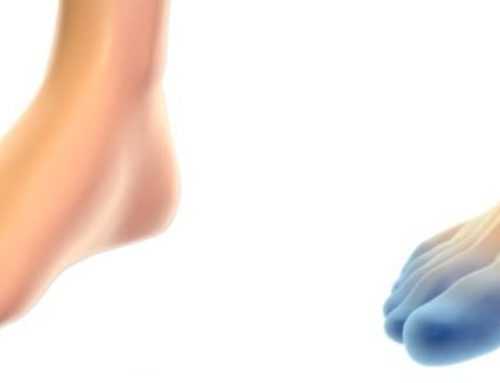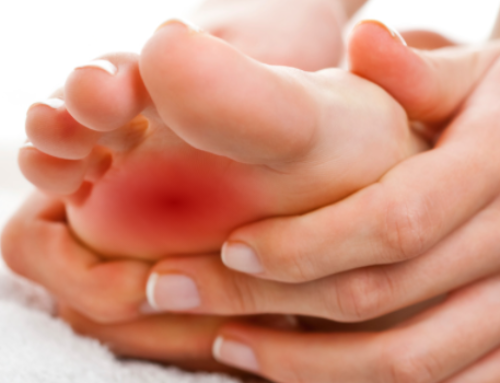
Normally, uric acid dissolves and passes through urine, but in some individuals an excessive amount of uric acid buildup in the blood can crystallize and cause pain and swelling in the joints. This is a condition known as gout.
This complex form of arthritis can affect anyone, but men have a tendency to develop gout more often than young ladies. Women’s risk of gout increases after menopause. Men that have a BMI (body mass index) of 35 and higher have three times the normal risk level of getting gout at some point in their lives. Historically, gout was known as a “rich man’s disease” or the “disease of kings”
There are two types of gout:
ACUTE: This is centrally located, and usually only affects one joint.
CHRONIC: This is a reoccurring attack that results in inflammation and pain in several joints.
Cause of Gout
Uric acid buildup in the blood is caused by a variety of factors: genetics, dietary habits, and gender, all play a role in the elevated risk of getting gout. Although there is nothing that can be done about gender and age, dietary changes are well within your control to adjust by reducing your consumption of red meats.
There are some medical issues, such as high cholesterol, diabetes, leukemia, kidney disease, obesity, and hypertension that may increase uric acid levels.
Medications, such as: thiazide diuretics, aspirin, and anti-rejection drugs may also raise uric acid levels.
Gout attacks can also be triggered by chemotherapy, lead poisoning, and stress.
Treatment of Gout
Gout is not considered to be a life-threatening disease, but if left untreated irreversible bodily damage is possible. Some of the following simple treatments may be helpful in the early stages of this condition:
- Reduce consumption of beer.
- Eat lots of green, leafy vegetables (and other alkalized-type foods).
- Incorporate fruits (at least 3 to 4 servings) into your daily diet plan.
- Exercise daily.
- Drink at least 8 glasses of water every day.
- There are some medications can cure gout. Speak to Dr. Lefkowitz, at 215-20-9707, and visit him in his Doylestown office to discuss the best course of treatment.
Although icing and heat packs are effective in relieving some types of pain, they cannot be considered an effective treatment for gout. Heat may speed up blood flow, which will increase inflammation, and extreme cold may increase the rate in which uric acid crystalizes.
Symptoms of Gout
The main symptom of gout is intense and sudden pain, often in the middle of the night. Other signs and symptoms include joint pain, usually in the big toe (but it is also possible to experience pain in the ankles and feet). The most intense pain is during the first 24 hours, but a lot of discomfort can linger for weeks after the initial attack.
Swollen joints that are red and tender to the touch are another common complaint of patients that suffer from gout.
If your gout attack is accompanied by a fever, contact Doctor Lefkowitz, at 215-230-9707, immediately.



